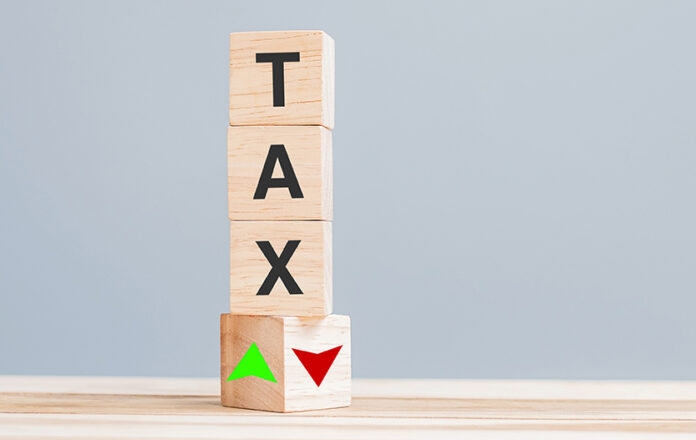The Federal Board of Revenue (FBR) has set a target to achieve a national tax-to-GDP ratio of 18% by the fiscal year 2027-28, with provinces contributing 3% and the federal government 15%.
FBR Chairman Rashid Mahmood Langrial outlined the measures needed to reach this goal, highlighting that the provinces currently contribute only 0.8%, equating to Rs961 billion, while the federation’s share is Rs5.265 trillion annually.
Langrial emphasised that recent reforms in tax collection, particularly enforcement measures, had led to an eightfold increase in compliance-related revenue collection in fiscal year 2024-25. He noted that the FBR’s revenue-to-GDP ratio increased to 11.3% in 2024-25, up from 9.8% the previous year, marking the highest growth in a decade.
The chairman stressed that enhancing the tax-to-GDP ratio is essential for sustainable economic growth. He explained that this growth was driven by factors including inflationary gains, new taxes, and a significant increase in revenue from improved compliance. The FBR plans to continue focusing on transparency and fairness in tax collection, with a clear aim to rebuild trust between the tax system and the public.
Langrial also clarified that enforcement measures will be used selectively to ensure compliance, but without resorting to pressure tactics. He reiterated that the FBR’s goal is not to collect more than what is legally due, but to collect the right amount from taxpayers.
Minister of State for Finance, Bilal Azhar Kayani, also spoke about the government’s successful fiscal and monetary policies, which have led to a reduction in inflation and significant improvements in economic indicators. He highlighted that the government had reduced the policy rate from 22% to 11% and negotiated a new three-year Extended Fund Facility (EFF) with the International Monetary Fund (IMF).
Kayani also mentioned a current account surplus of $1.8 billion and a rise in foreign exchange reserves to $14 billion by June 2025, emphasizing the improvement in trade balances and reduced reliance on imports. He also noted the government’s five-year export policy, which aims to lower customs duties and make export-oriented industries more competitive.
The minister further mentioned targeted relief for salaried individuals, with income tax burdens reduced, and salary increases projected to outpace inflation in the coming fiscal year.




